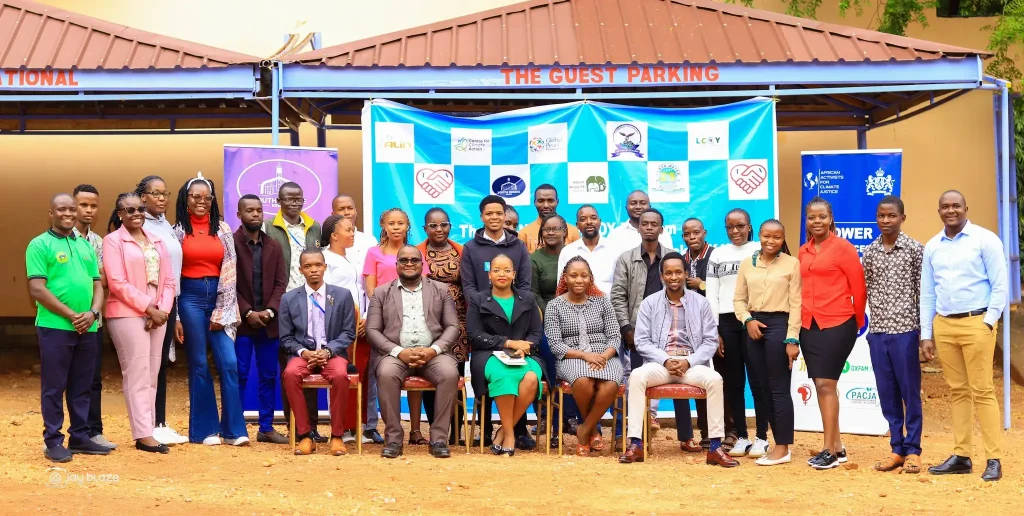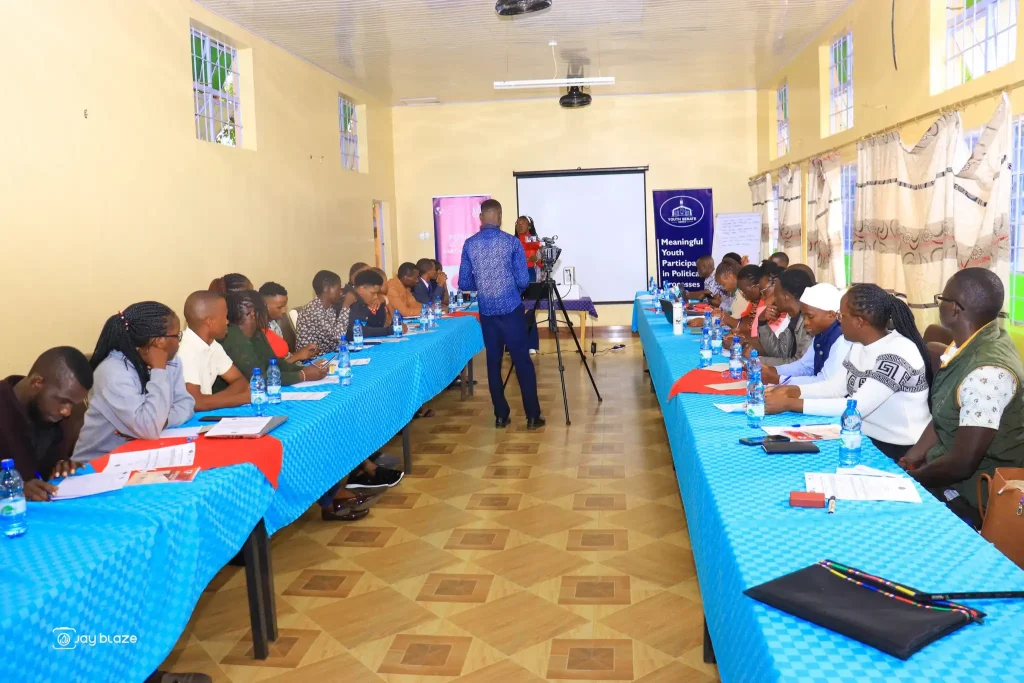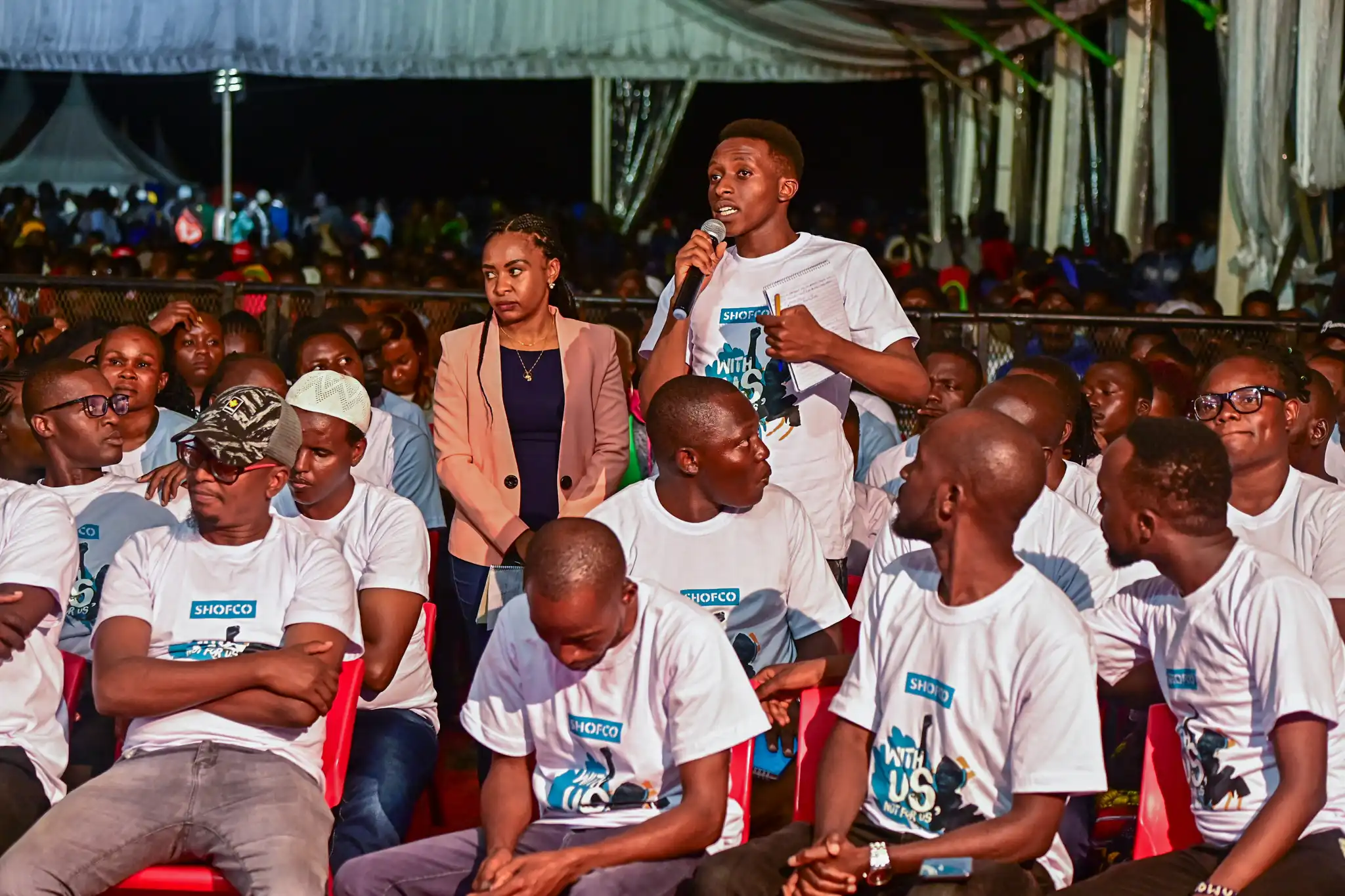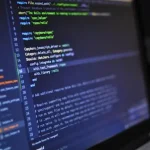Politics often feels like a game reserved for older generations, but today’s youth play a vital role in shaping the future. Participating in political debates empowers young people to raise their voices, challenge ideas, and influence policies that directly affect them. Here’s why the youth should not stay silent.
1. Youth are the majority
In many countries, the youth form the largest demographic group. By joining debates, they ensure their views and interests are represented. When young people stay passive, decisions are made without considering their needs.
2. Builds critical thinking and confidence
Engaging in debates helps develop analytical skills, confidence, and leadership qualities. These are essential traits not only for politics but also for personal and professional growth.
3. Influences policy and change
When youth join debates, they influence policies that affect education, employment, technology, and climate change. Their participation pushes leaders to prioritize issues that matter most to the younger generation.
4. Breaks stereotypes about youth apathy
Many assume young people don’t care about politics. By debating, youth prove they are informed, engaged, and ready to lead. This challenges the stereotype of political disinterest.


5. Creates a culture of active citizenship
Debates encourage civic responsibility. Young people learn that democracy works best when everyone participates, not just during elections but in everyday discussions.
6. Connects youth with decision-makers
Debating platforms often create opportunities to interact with leaders and policymakers. This exposure allows young people to express concerns directly and propose solutions.
Conclusion on Why youth should join political debates
Youth must embrace political debates not as spectators, but as active participants. By doing so, they shape their own future, build leadership skills, and strengthen democracy. The future belongs to them, and their voice is the most powerful tool for change.



